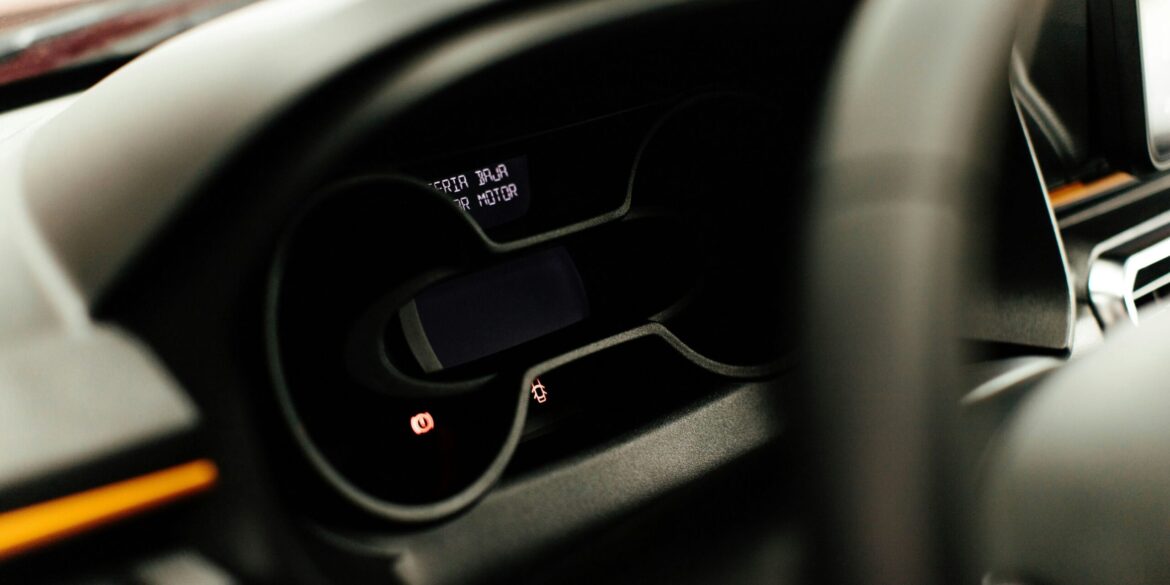By Hannah Russo, Senior Correspondent
Published: May 28, 2025
Ford Motor Company has issued a sweeping recall of over 1.1 million vehicles in the United States due to a defect that may cause rearview cameras to malfunction. The problem lies in a software issue that can cause the camera display to delay, freeze, or fail to appear at all—posing a serious risk of crashes during reversing maneuvers.
The glitch originates from the accessory protocol interface module (APIM), which manages the dashboard interface and infotainment system. The malfunction disrupts the video feed from the vehicle’s rearview camera, compromising the driver’s rear visibility. As modern vehicles rely increasingly on digital aids for navigation and safety, any failure in these systems can lead to dangerous situations.
Recall Scope Includes Numerous Popular Models
Ford’s recall impacts a diverse range of both Ford and Lincoln vehicles from model years 2021 through 2025. Key models affected include:
-
Ford Vehicles: Bronco (2021–2024), F-150 (2021–2024), Edge (2021–2024), Escape (2023–2024), Expedition (2022–2024), Transit (2022–2025), Mustang Mach-E (2021–2023), Ranger (2024), Mustang (2024), and heavy-duty trucks from F-250 to F-600.
-
Lincoln Vehicles: Corsair (2023–2024), Nautilus (2021–2023), and Navigator (2022–2024).
These models span a variety of segments, from compact SUVs to full-size trucks, reflecting the broad application of the flawed software across Ford’s current technology platform.
Software Fixes and Notification Schedule
The recall will be remedied through a free software update to the APIM. Ford plans to issue this update over-the-air, leveraging the connectivity of newer vehicles to minimize customer inconvenience. For customers who prefer in-person service, dealerships will also offer the update at no charge.
Owners of the affected vehicles will receive official notification letters by June 16, 2025. A second round of communication will follow once the update becomes available, expected in the third quarter of the year. Drivers are urged to act promptly upon receiving instructions to avoid potential accidents.
A Growing Trend of Tech-Driven Recalls
As automakers continue to integrate advanced technology into their vehicles, software-related recalls have become more frequent. Digital systems control everything from entertainment to driver-assist functions. While these innovations improve convenience and safety when working properly, they also introduce new risks and vulnerabilities.
This recall is part of a broader industry shift where traditional mechanical failures are increasingly being replaced by digital malfunctions. As vehicles grow smarter, manufacturers must also enhance their quality assurance processes to cover both hardware and software components.
Safety Concerns and Manufacturer Response
Although there have been no reports of injuries linked to the faulty cameras, Ford confirmed that at least one minor accident involving property damage was associated with the issue. Rearview cameras are now standard in all new vehicles sold in the U.S., mandated to help reduce backover incidents involving pedestrians and other vehicles.
Ford emphasized that driver safety remains a top priority. The company has invested heavily in over-the-air update capabilities, allowing them to respond faster to such issues. This system enables Ford to deploy fixes directly to vehicles without requiring a trip to the dealership—an advantage that significantly shortens resolution times.
What Drivers Should Do
Vehicle owners can check if their model is affected by entering their Vehicle Identification Number (VIN) on Ford’s recall website or the official recall site of the U.S. Department of Transportation. While waiting for the software update, drivers are encouraged to remain extra cautious when reversing and use mirrors in combination with turning their heads to compensate for any camera disruption.


